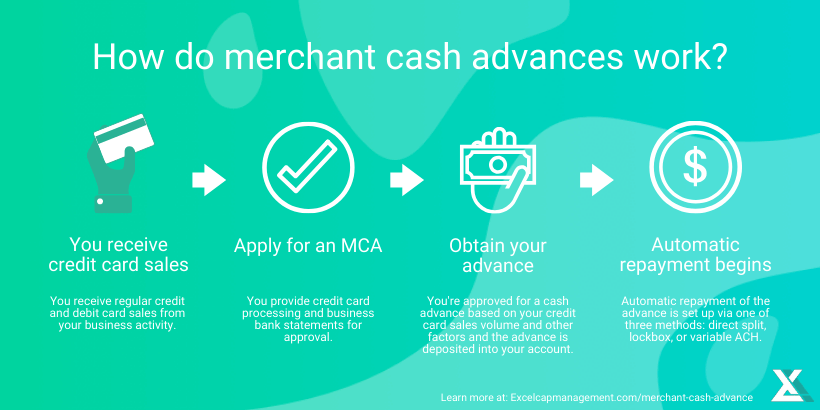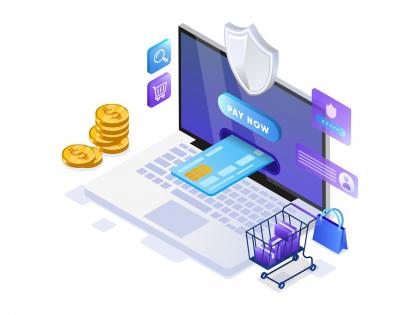Understanding AML and KYC in the Payment Industry
The payment industry is continually evolving with technology advances, aiming to make transactions seamless and secure. Among the essential aspects in this domain are Anti-Money Laundering (AML) and Know Your Customer (KYC) protocols. These are pivotal in maintaining the integrity of financial institutions by curbing illicit money flow and fostering transparency.
Defining AML and KYC
- Anti-Money Laundering (AML): AML refers to a set of procedures, laws, or regulations designed to halt the practice of generating income through illegal actions. In essence, it’s a protective measure that prevents money laundering, which is the process of making large amounts of money generated by a criminal activity, such as drug trafficking or terrorist funding, appear to be earned legally.
- Know Your Customer (KYC): KYC is a standard verification process allowing businesses to confirm the identity of their clients. It involves the collection and verification of customer identity and related documents to assess and monitor customer risk and is essential for preventing identity theft, financial fraud, money laundering, and terrorist financing.
The Importance of AML and KYC in Payments
Implementing AML and KYC is critical for several reasons:
- Enhanced Security: These protocols secure financial transactions from fraudulent activities and ensure the safety of both customer funds and sensitive information.
- Regulatory Compliance: Financial entities are mandated by law to implement AML and KYC policies, ensuring adherence to local and international financial regulations and avoiding severe legal penalties.
- Trust and Reputation: Adhering to these procedures fosters customer trust and enhances the reputation of financial institutions.
- Risk Management: AML and KYC mitigate the risk of financial institutions being exploited for illicit activities, safeguarding the financial system’s integrity and stability.
Implementation of AML and KYC in Payments
In the payment industry, both AML and KYC are integral to ensuring safe, secure, and lawful transactions. Payment service providers employ a comprehensive approach to integrating these protocols, using various tools and technologies for effective implementation:
- Document Verification: Document verification is crucial for confirming the authenticity of customer documents, thereby validating their identity.
- Biometric Verification: Advanced biometric technologies like fingerprint and facial recognition are used to ensure that the individual is who they claim to be.
- Transaction Monitoring: Continuous monitoring of transactions helps in identifying suspicious activities, enabling swift action to prevent financial crimes.
- Risk Assessment: Risk assessment tools evaluate the potential risks associated with customers, facilitating informed decision-making.
Challenges in AML and KYC Compliance
While AML and KYC are pivotal, they are not without challenges. The integration and upkeep of these protocols demand substantial resources and constant updates to align with changing regulations. Additionally, ensuring a balance between stringent security measures and customer convenience is pivotal to prevent customer dissatisfaction due to prolonged verification processes.
Conclusion
AML and KYC are indispensable elements in the payment industry, serving as the backbone to secure and lawful financial transactions. They protect against the infiltration of illicit funds and maintain the robustness of financial ecosystems. The meticulous implementation of these protocols ensures that financial institutions remain compliant with regulations, bolstering their reputation and fostering a safer and more transparent financial environment.
While the complexities and challenges inherent in AML and KYC compliance are substantial, the ramifications of neglecting these protocols can be significantly more detrimental, encompassing severe legal repercussions and loss of customer trust. Thus, the continual evolution and reinforcement of these measures are crucial to maintaining a resilient and trustworthy financial landscape.
Be careful out there and get with the right partner with the experience to know what small businesses need. Reach out to me directly at the number below or schedule a zoom if you need help or just need a free consultation.



